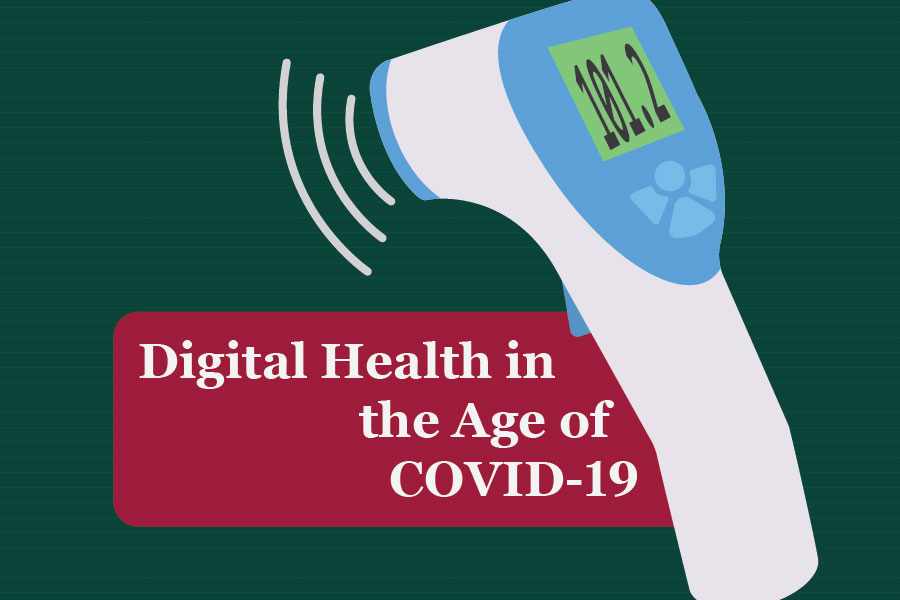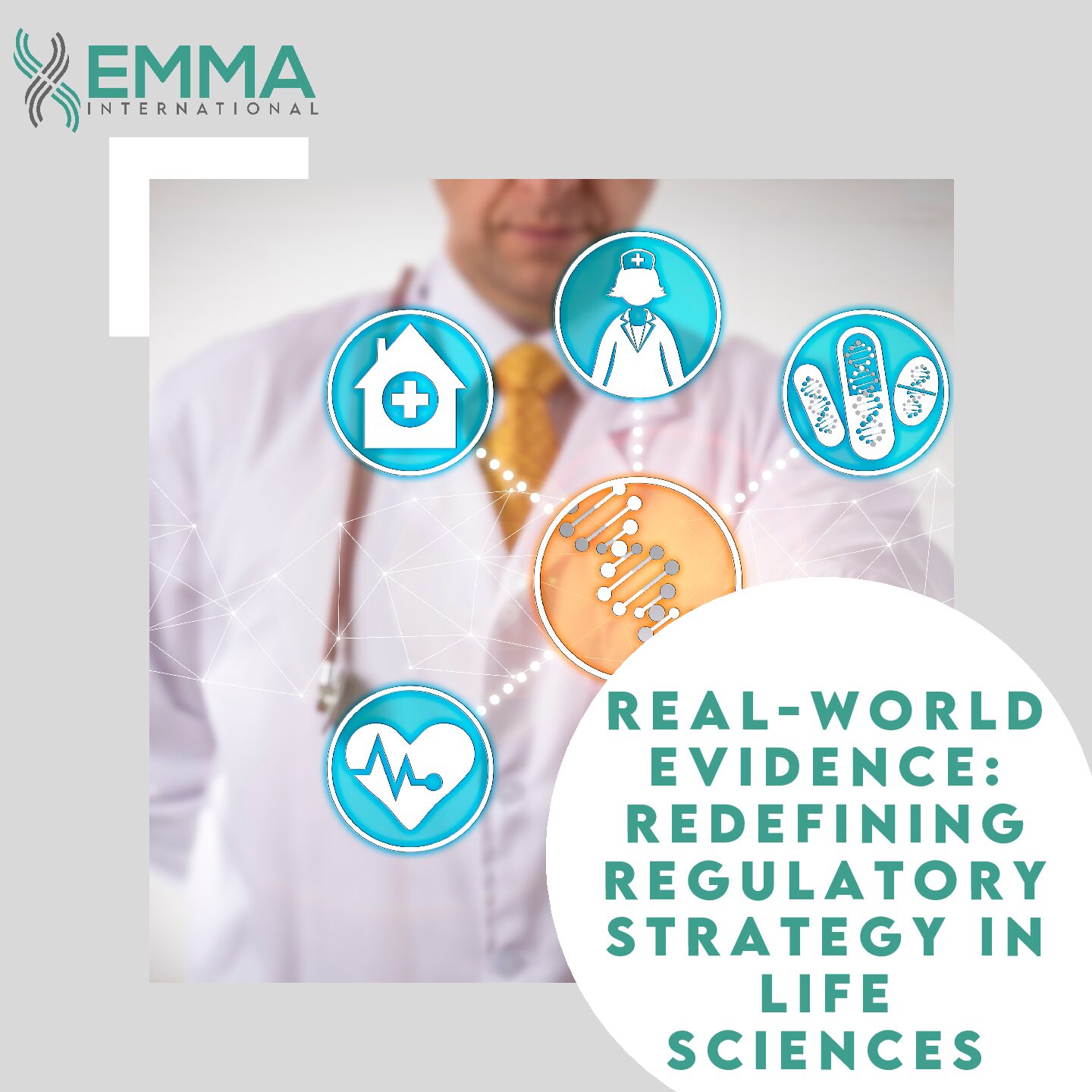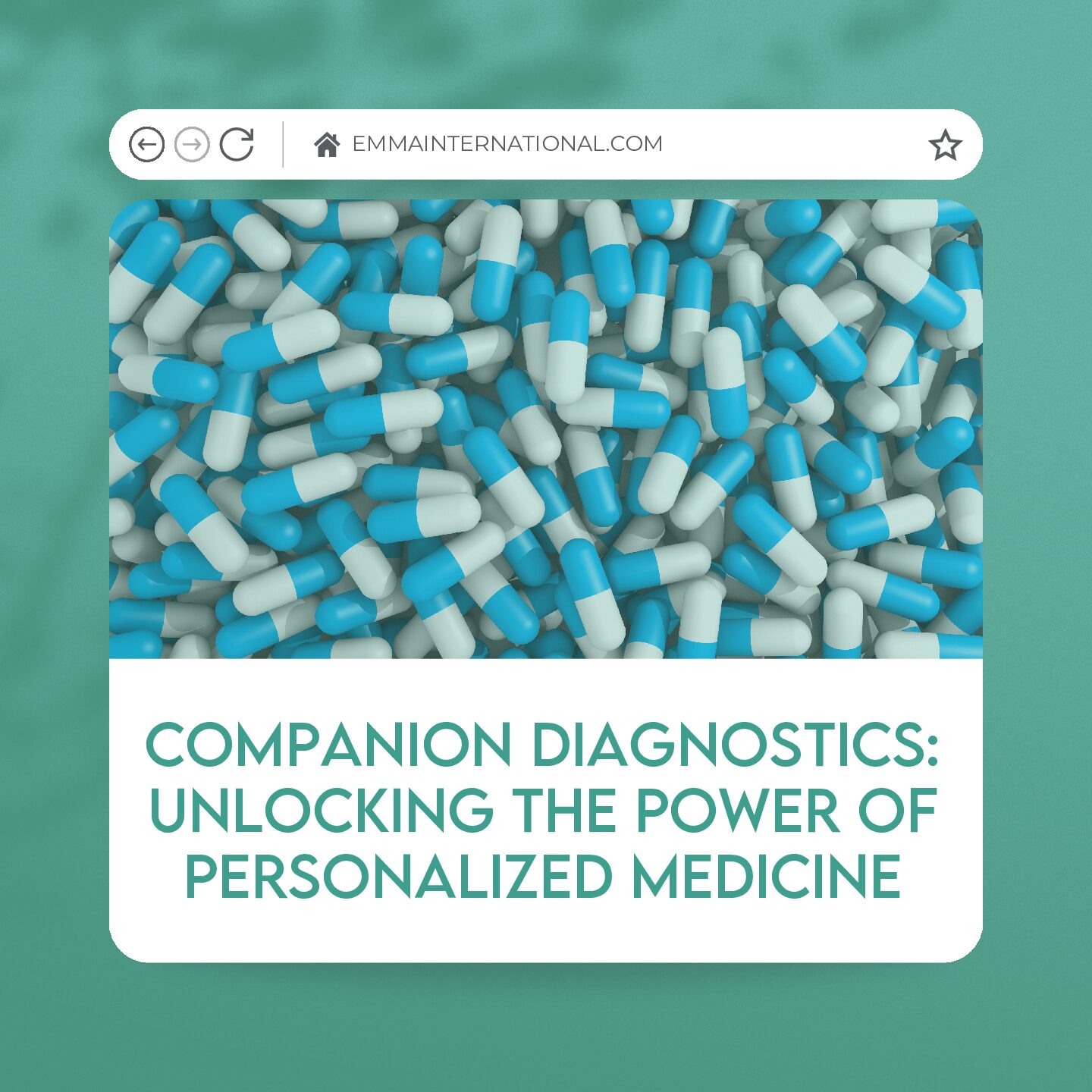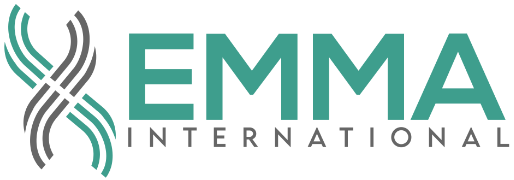The effects of COVID-19 have been widespread across different parts of the medical device world, but the Digital Health sector has seen the most growth because of the pandemic. The scope of digital health includes mobile health, health information technology, wearable devices, and telehealth/telemedicine. As the world looks for ways to migrate normal life to “social-distance” life, Digital Health provides the ability for healthcare providers and patients to connect quickly, effectively, and remotely.
The FDA’s Center for Devices and Radiological Health (CDRH) has had a long-standing Digital Health program with the goal of protecting and promoting public health while also providing regulatory clarity on the subject. With the onset of the COVID-19 pandemic and the increased demand for digital health, the FDA has clarified its risk-based approach to how digital health products are regulated; in doing so, the Agency has identified different products and software functions that may be useful in the response to COVID-19 and how they intend to regulate them. The FDA first identified products and software functions that are not regulated as medical devices because they do not function to diagnose or treat COVID-19 or any other disease/condition. For example, software that provides health care providers or patients with educational or common reference information about COVID-19 will not be regulated as a medical device. Additionally, the FDA will not regulate software for videoconferencing with health care providers as the software itself is not a medical device, but simply a portal to facilitate communication.1
The FDA has also identified lower-risk device software functions which it does not intend to enforce requirements on during the public health emergency. Like other Coronavirus-related guidelines and policies provided by the FDA, this regulatory flexibility is intended to provide expanded access to healthcare during the public health emergency. These low-risk devices include software functions that use patient characteristics (age, sex, risk factors) to provide patient-specific screening and recommendations, software that guides users through a questionnaire of signs and symptoms to provide recommendations on health care facilities, and applications that enable someone to create or send an alert to first responders.2
For higher-risk digital health devices, or devices otherwise not covered in the categories above, the FDA recommends utilizing the Emergency Use Authorization pathway. If you have a software or application that can be used in response to COVID-19 but are unsure how to navigate the current regulatory landscape, EMMA International is ready to get you started. Give us a call at 248-987-4497 or email info@emmainternational.com to see how we can help.
1FDA (March 2020) Digital Health Policies and Public Health Solutions for COVID-19 retrieved on 05/11/2020 from: https://www.fda.gov/medical-devices/digital-health/digital-health-policies-and-public-health-solutions-covid-19
2FDA (September 2019) Policy for Device Software Functions and Mobile Medical Applications retrieved on 05/11/2020 from: https://www.fda.gov/media/80958/download







